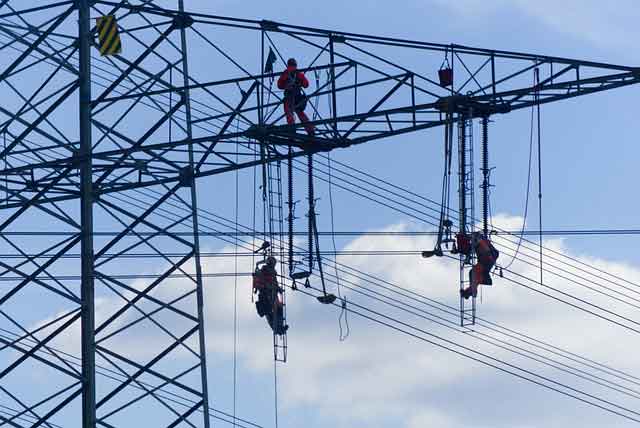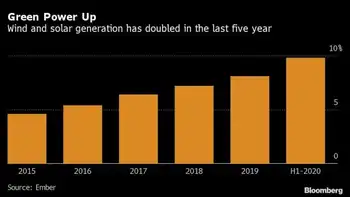Power customers find it doesnÂ’t pay to switch
By Sunday Herald
Protective Relay Training - Basic
Our customized live online or in‑person group training can be delivered to your staff at your location.

- Live Online
- 12 hours Instructor-led
- Group Training Available
Fuel bills are set to rocket this winter after npower announced average increases of 17%, with other utility firms likely to follow in the coming weeks, pushing typical annual bills above £1000.
Warmer weather had kept prices down this winter, but soaring wholesale fuel prices have increased on the back of crude oil hitting $100 a barrel.
The new study measured the accuracy of electricity consumers' switching decisions using two surveys.
Fewer than a fifth had switched to the supplier offering highest savings for their consumption patterns, according to research by the Centre for Competition Policy at the University of East Anglia.
"The reason is the market between suppliers is so complex that the consumer makes poor decisions," said researcher Catherine Waddams.
"On aggregate, switching consumers appropriated less than half of the maximum gains possible. If consumers had switched to a randomly selected supplier, they would have had almost as good a chance of choosing the cheapest supplier and would have gained little more than the savings realised."
Utility watchdog energywatch told the Sunday Herald the research proved that consumers needed accurate bills to make informed choices, and called on the government to honour its promise to install smart meters in all UK homes.
"You cannot make an informed decision about how to save money on a bill when it is not clear what your patterns of consumption are," said Karl Brookes, spokesman for energywatch. "The current meter system is also a barrier to energy efficiency. It's measured in units and you cannot tell what your costs are.
"A smart meter will give you a real-time analysis of your consumption in pounds and pence on your TV or computer screen. It brings it into the home, rather than in the garden or a cold vestibule. "It is very good at concentrating the mind, rather than listening to someone like me telling you to not leave the TV on standby.
"When smart meters were introduced in Canada, domestic consumption went down 10% overnight."
Tim Wolfenden of price comparison website U-switch said that there savings to be made and consumers should make informed decisions about switching.
"The market is volatile and last year we saw more than four million customers make the switch, some with savings of more than £300 to £400," he said. "But more than 50% of customers in the UK have never switched supplier and it is these households that can make a difference to prices."
"Customers have to switch now to reduce the impact of higher energy bills on their household," said Wolfenden. "By not switching, consumers could waste more than £2.3 billion in total, or £334 each. Those who have never switched before and are sitting on an uncompetitive standard plan have the most to gain and should switch straight away."
Children and pensioners are most likely to be affected by fuel poverty, charities warned.
A spokeswoman for Save The Children said 2.3 million people in the UK on low incomes are being forced to take out high-interest loans at rates topping 183% APR - many simply to provide essentials, including fuel, for their children. "Millions of children live in low-income households and just buying food and paying bills can push a family into financial difficulties," she said.
Industry regulator Ofgem said the industry was the most competitive in Europe, and average customers could still save £150 by switching supplier.
A spokesman said: "Customers who have already switched supplier should still check they are getting a good deal for their energy as their supplier may no longer be offering them the best one. This also applies to customers who are coming to the end of a fixed-price deal."











